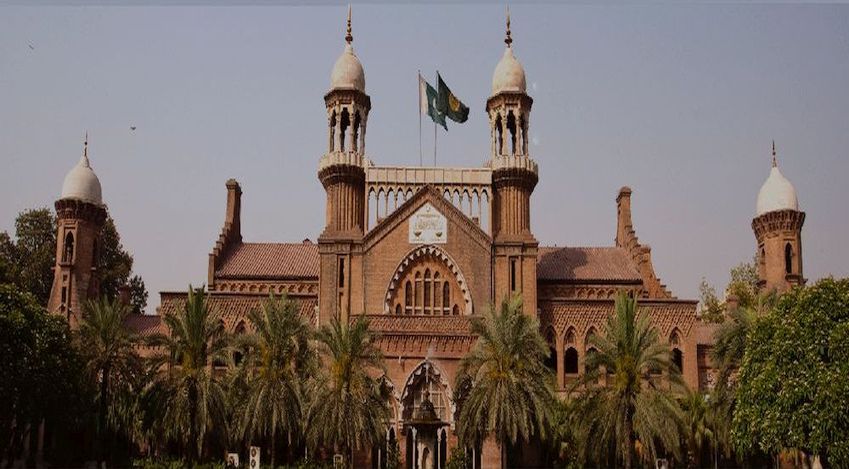Allegation of Coersive Nikah; the Burden of Proof would lie upon the party who claims the validity of Nikah --- Lahore High Court, Lahore
Islamabad 26-10-2024: In a significant ruling, the Lahore High Court, Multan Bench, dismissed a constitutional petition filed by Muhammad Akhtar Shah, challenging the concurrent findings of the Family Court and Appellate Court, which had declared his alleged Nikah with respondent No.3 as void. The judgment was delivered by Mr. Justice Asim Hafeez, who upheld the lower Courts’ decisions, finding no merit in the petitioner’s claims.
The case revolved around a dispute concerning the validity of a purported Nikah between the petitioner and respondent No.3. The petitioner sought restitution of conjugal rights, asserting that the respondent had willingly entered into a marriage with him. However, respondent No.3 maintained that she had been abducted, coerced into signing documents, and subjected to a sham marriage against her will.
The Family Court had earlier decreed in favor of respondent No.3, declaring the Nikah invalid, a decision that was subsequently affirmed by the Appellate Court.
The Lahore High Court found that the petitioner failed to meet the burden of proof to establish a valid Nikah under the Muslim Family Laws Ordinance, 1961. The petitioner did not produce key witnesses or corroborating evidence to verify the alleged marriage.
The Court also ruled that the petitioner’s reliance on the statement of the Nikah Khawan was inadmissible because it had not been properly confronted during the proceedings. As a result, this piece of evidence was deemed legally irrelevant.
Mr. Justice Asim Hafeez noted that the respondent’s claim of being coerced into acknowledging the marriage carried more weight. Her allegations that she was forced to make a statement under Section 164 of the Criminal Procedure Code, 1898 were found credible, especially given the petitioner’s failure to demonstrate voluntary consent.
The Court distinguished the case from Mst. Farhat Jabeen Vs. Muhammad Safdar and others (2011 SCMR 1073), which the petitioner relied on. Instead, it found the facts of Matloob Hussain Vs. Mst. Shahida and 2 others (PLD 2006 SC 489) more applicable, supporting the respondent’s stance of forced marriage.
The Court held that there was no illegality or material defect in the lower Courts’ concurrent findings and refused to interfere under its constitutional jurisdiction. The petition was dismissed, and the Court ruled that the Nikah was void for all intents and purposes.
This decision reinforces the importance of voluntary consent in marriage under Islamic law and underscores the strict evidentiary standards required to prove the validity of a Nikah, particularly in cases involving claims of coercion and abduction.
Powered by Froala Editor








